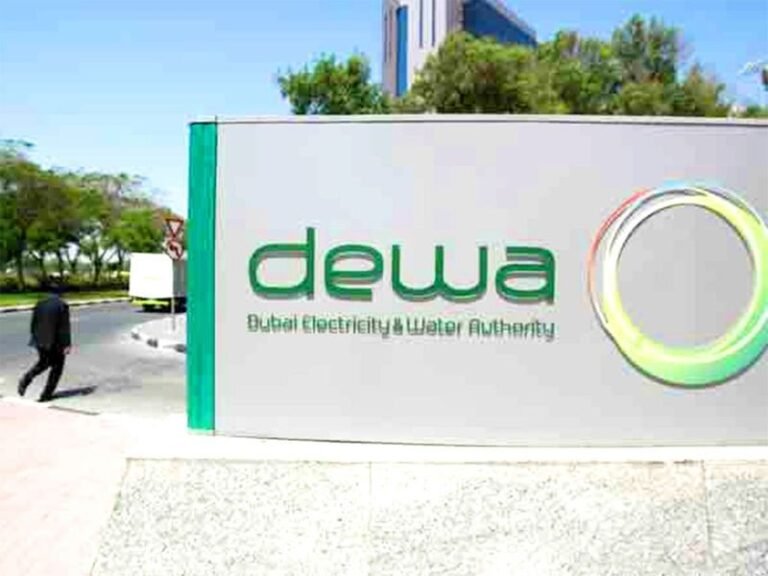Dubai Electricity and Water Authority (DEWA) is stepping up its efforts to bolster the infrastructure for electric vehicles (EVs) across Dubai, with Majid Hilal Al Hazami, Director of Smart Grid Projects Management, outlining ambitious plans during the World Future Energy Summit in Abu Dhabi.
Currently, Dubai boasts approximately 390 charging stations catering to different types of EVs. However, DEWA is aiming for significant growth, with plans to increase this number to 1,000 stations by the conclusion of 2025. Al Hazami emphasised the incorporation of more ultra-fast chargers, signaling a commitment to enhancing charging efficiency and accessibility within the emirate.
The deployment of charging stations reflects a strategic approach, with different charger types strategically positioned at key locations such as petrol stations and entry points to Dubai. This multifaceted approach ensures convenience and accessibility for EV owners throughout their journeys.
The distinction between charging speeds is crucial. Ultra-fast chargers, available at select locations, offer a rapid charging experience, with 80% battery capacity achieved in as little as 20 to 40 minutes. On the other hand, medium-speed chargers, typically found in commercial areas like shopping malls and office complexes, provide a more leisurely charging process, taking anywhere from 2 to 4 hours to reach 80% battery capacity. This differentiation caters to diverse consumer needs and usage patterns, ensuring that EV owners have suitable charging options available to them.
DEWA’s commitment to sustainable transportation extends beyond charging infrastructure. The Green Charger initiative, initiated in 2014, marked a significant milestone in Dubai’s journey towards eco-friendly mobility. Since its inception, the initiative has seen continuous expansion, with the installation of 100 stations during its initial phase in 2015. This ongoing investment underscores DEWA’s dedication to promoting clean energy solutions and reducing carbon emissions in the transportation sector.
Al Hazami also highlighted the pivotal role of smart grid management in achieving sustainability objectives while enhancing customer service. Furthermore, DEWA’s participation in events like the World Future Energy Summit serves to showcase the authority’s commitment to clean energy on a global stage. Notably, DEWA’s projects, such as the Mohammed bin Rashid Solar Energy Project, exemplify the scale and innovation driving Dubai’s clean energy transition.
Overall, DEWA’s comprehensive approach to expanding EV charging infrastructure reflects a forward-thinking strategy aimed at fostering sustainable transportation and advancing Dubai’s position as a leader in clean energy innovation.


